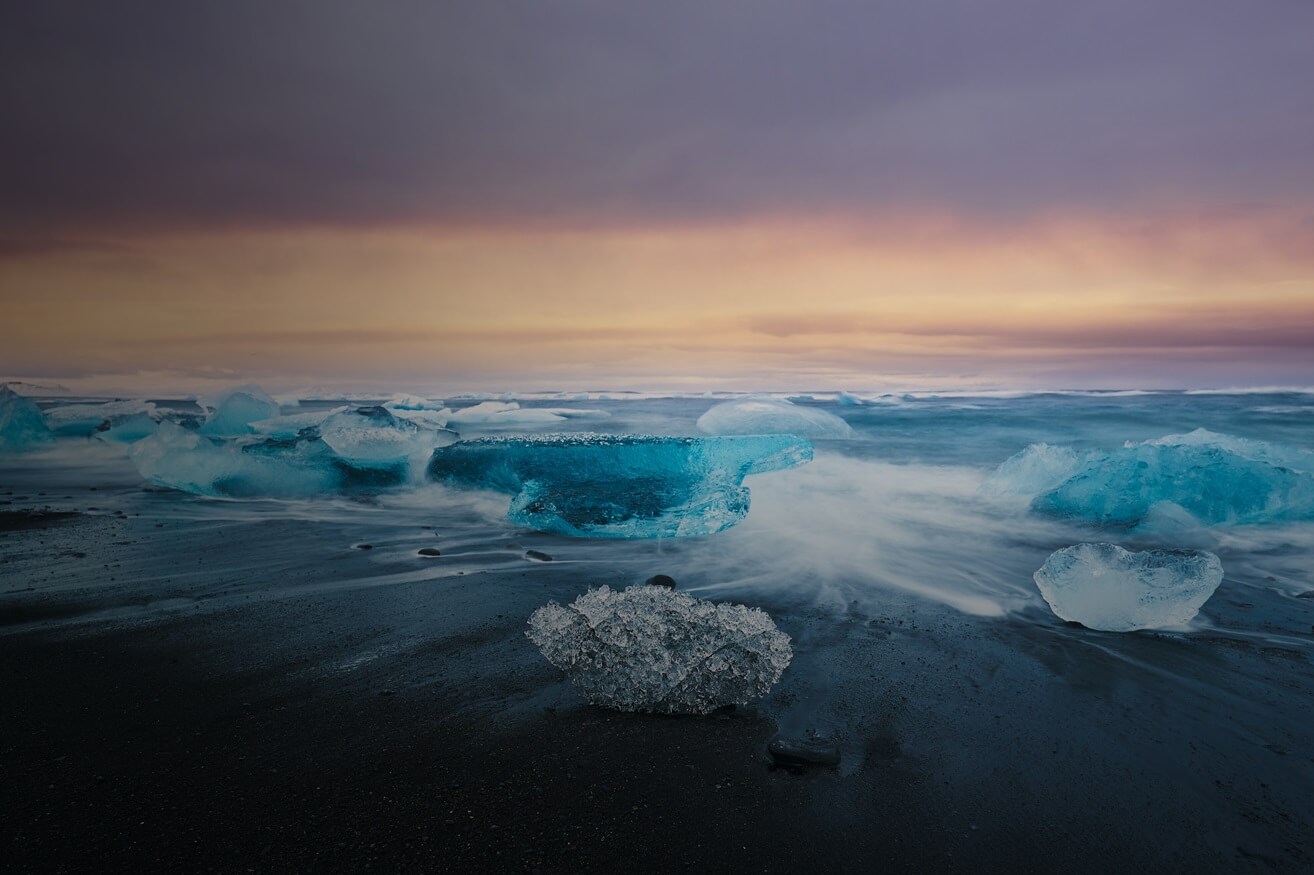
Middle Career
Experienced
Recognizing Collaborative Research for the Benefit of Society
The Science and Society Team Award is presented annually and recognizes a team who employs collaborative approaches of scientific research, demonstrates equitable distribution of the outputs and impacts of their research, and elevates efforts to produce and translate scientific knowledge to serve society. This award is unique in that it is tailored to recognize a team of researchers and their partners representing both scientific and societal interests, with the goal of jointly addressing societal needs. The team can be any group of people working toward a common goal.
Self-nomination is allowed.
Examples of types of projects that would be eligible for this award include but are not limited to: community and citizen science projects, research-to-practice or operations projects, and co-production driven research. The award recognizes both the scientific knowledge produced and effort and resources needed to ensure it is valued by those best suited to be informed by and use its products.
- Award certificate
- Recognition at AGU's annual meeting the year the honor is awarded
Criteria for a Successful Nomination
Nominations should describe the realized or expected impacts of the completed or ongoing collaborative project, including: advances in scientific understanding, the societal benefits of the research, and the values of including both the users and producers of the research in the development and implementation of the project.
Nominations should describe how team members, across career-levels and organizations, were involved in problem identification and articulation, research design, research project implementation, and transfer of knowledge and technology; describe how the project considered the distribution of potential risks, costs, benefits, and financial resources through all phases and after the completion of the project; describe how vulnerable or marginalized perspectives were included in different phases of the project, including from team members of underrepresented communities..
Nominations should describe how the process of carrying out the research and the outputs resulted in increased capacity to improve decisions and/or knowledge.
Nominations should describe how the team and project design fostered continuous knowledge creation and activities that can be sustained over time that result in societal benefit.
Eligibility
- There are no career stage requirements but a diversity of academic and practical experience is desirable.
- This award is intended for a team of 2 or more individuals.
- Team leads are only eligible to receive the award once every 3 years, but remain eligible as non-lead team members.
- Team members who served on a past winning team are eligible to be nominated again at any time for a different body of work.

